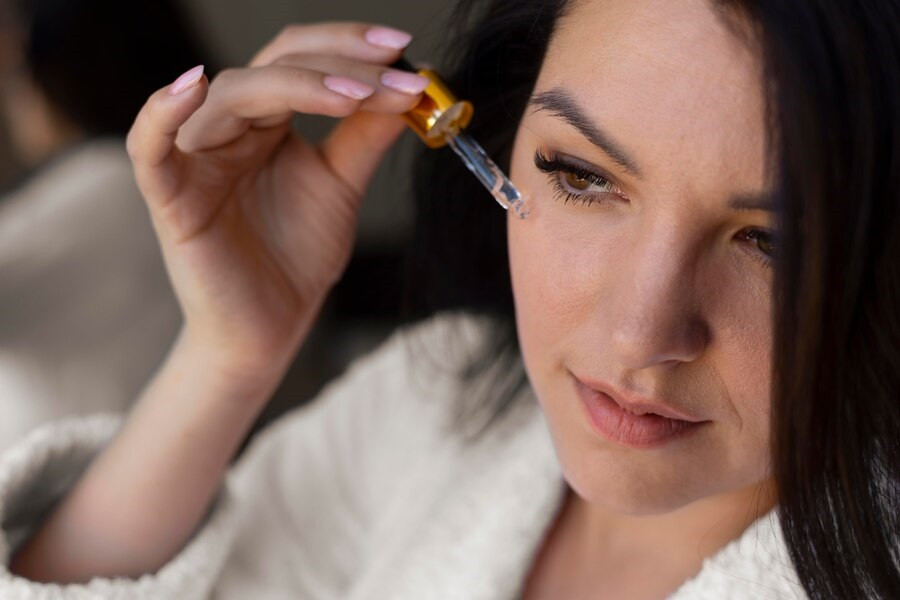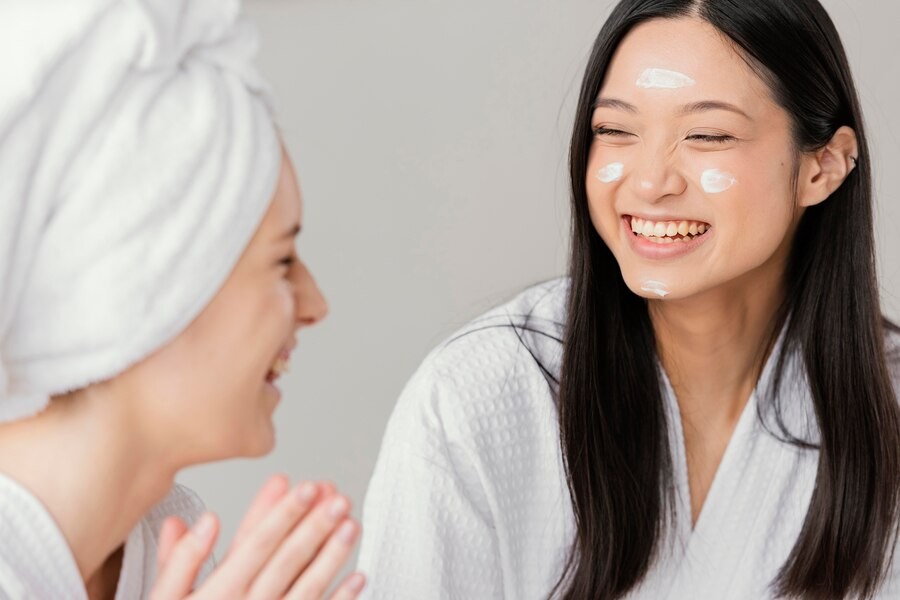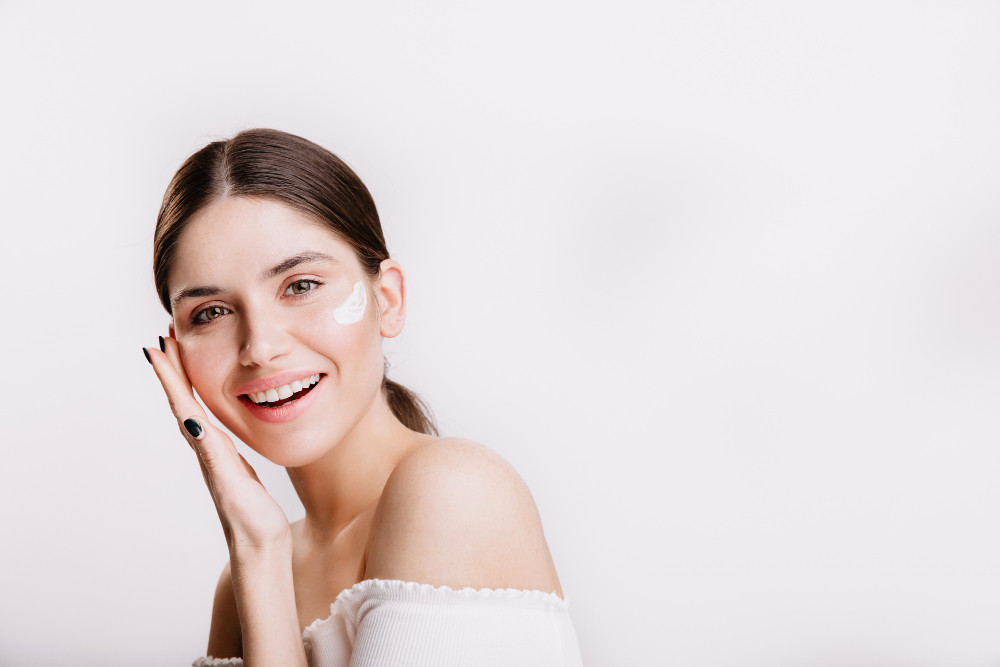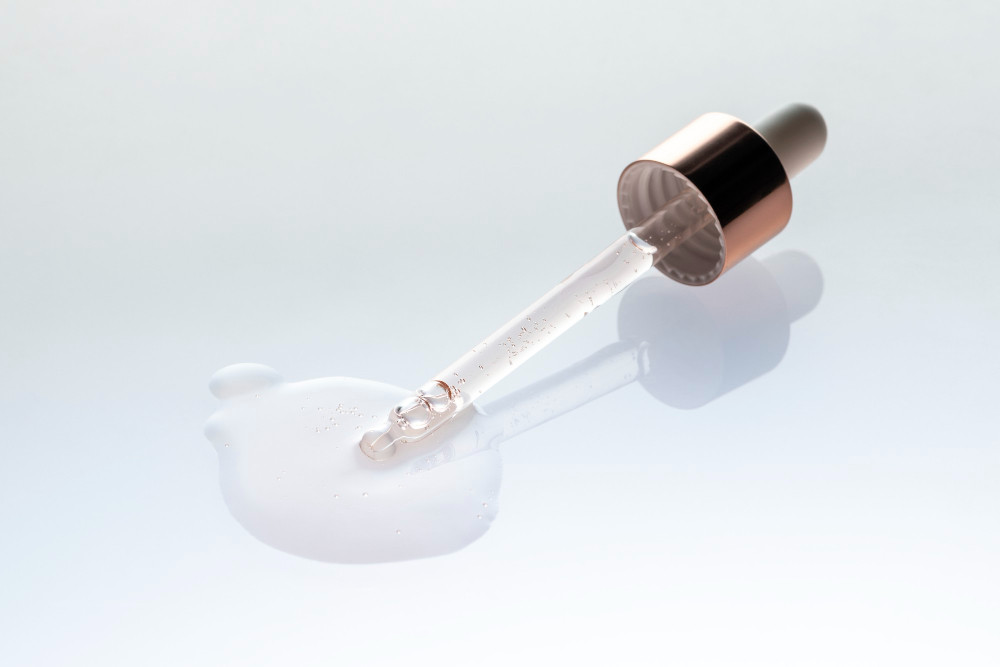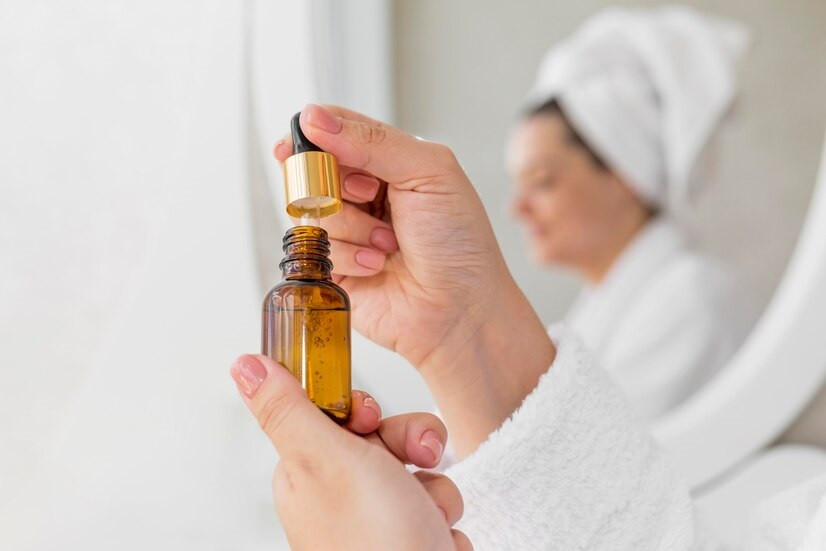Retinol is a skincare product option that can help treat acne and improve signs of skin aging. This form of vitamin A often comes in the form of creams, gels, lotions, ointments and serums.
Retinol can be taken over-the-counter and usually comes in a lesser dose. Prescription retinol, on the other hand, is usually required for more intensive skin care and more significant treatments.
The Way Retinol Works
Retinol works by stimulating the production of collagen and elastin, proteins that help maintain skin firmness and elasticity. When skin firmness and elasticity are maintained, it can reduce the appearance of both fine lines and wrinkles. Through its skin-tightening effect, retinol helps reduce the appearance of enlarged pores, which gives the skin a smoother appearance.
Being an antioxidant, retinol can also help neutralize harmful free radicals that can damage skin cells. This protection is necessary to reduce the signs of premature aging.
Retinol also helps with acne by reducing oil production, cleansing pores, and stimulating skin cell regeneration. For more severe cases of acne as well as repairing scarring, higher concentrations of retinol are required.
Read more: Tips Mengurangi Efek Samping Retinol pada Kulit
Dosage and Side Effects of Retinol Use
Skincare products that contain retinol usually have concentrations ranging from as low as 0.0015% to higher concentrations of 0.3% or more. It is important to understand that using retinol, especially in higher concentrations, can cause some side effects, which include:
- Dry, irritated skin
- Itching and burning sensation on the skin
- Reddish skin
- Flaky and scaly skin
- Skin becomes more sensitive to sunlight
Also read: Mengenal Bakuchiol, Alternatif Retinol untuk Mencegah Penuaan Dini
How to Prevent Retinol Side Effects
To help prevent and reduce the side effects of retinol, especially in the early stages of use, here are some things you can do:
- Start with a lower retinol concentration to give the skin time to adjust.
- Use a moisturizer that is suitable for your skin type to help with any dryness that may occur due to retinol.
- If your skin is too dry, consider applying retinol after applying moisturizer to help reduce irritation.
- Choose products that contain aloe vera or extra chamomile to help relieve redness and provide a calming effect on the skin.
- Avoid using skincare or makeup products that contain irritating ingredients such as alcohol or strong fragrances.
- Avoid using retinol on more sensitive areas of the skin, such as around the eye area, irritated skin and open wounds.
- Apply sunscreen daily, especially when using retinol, and avoid direct sun exposure.
- Avoid using products containing retinol with other products containing vitamin C, benzoyl peroxide, BHA and AHA to avoid unwanted interactions.
It's also important to remember that everyone has different effects when using retinol. It may take some time for you to adjust until you find a routine that works for your skin. Avoid carelessly combining retinol with other products to minimize side effects and harmful skin interactions.
If you have more sensitive skin and have certain skin problems, you should consult a doctor first before using products containing retinol. Use the health consultation service regarding the use of retinol by downloading the Ai Care application via the App Store or Play Store.
Want to know more about health tips and tricks, first aid, and home remedies? Click here!
- dr. Yuliana Inosensia
Carley Millhone (2023). The Main Benefits of Retinol. Available from: https://www.health.com/retinol-benefits-7152524
Cleveland Clinic (2022). Retinol. Available from: https://my.clevelandclinic.org/health/treatments/23293-retinol
Lauren Sharkey (2020). Yes, Retinol Is Safe — When Used Correctly. Here’s How to Get Started. Available from: https://www.healthline.com/health/beauty-skin-care/is-retinol-safe
Kristeen Cherney (2023). How Does Retinol Work on the Skin?. Available from: https://www.healthline.com/health/beauty-skin-care/how-does-retinol-work


